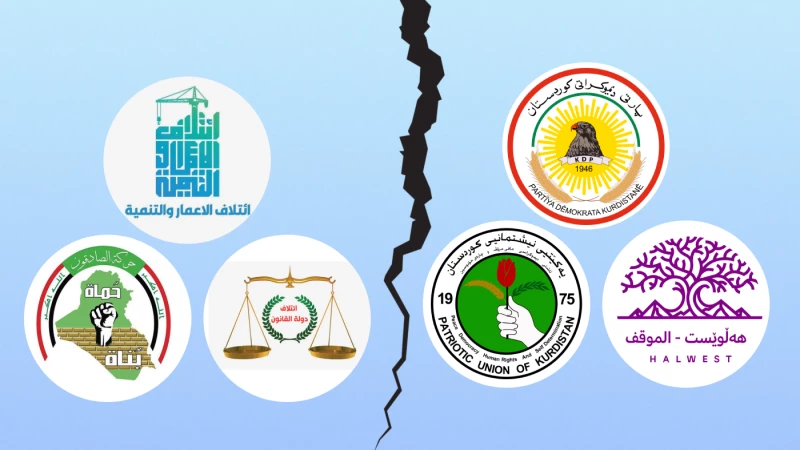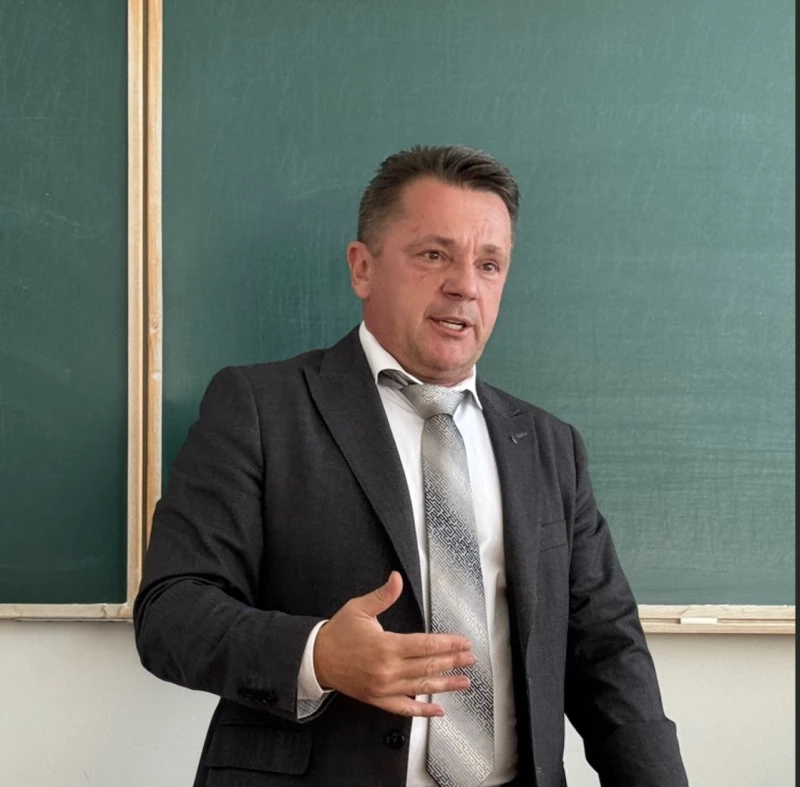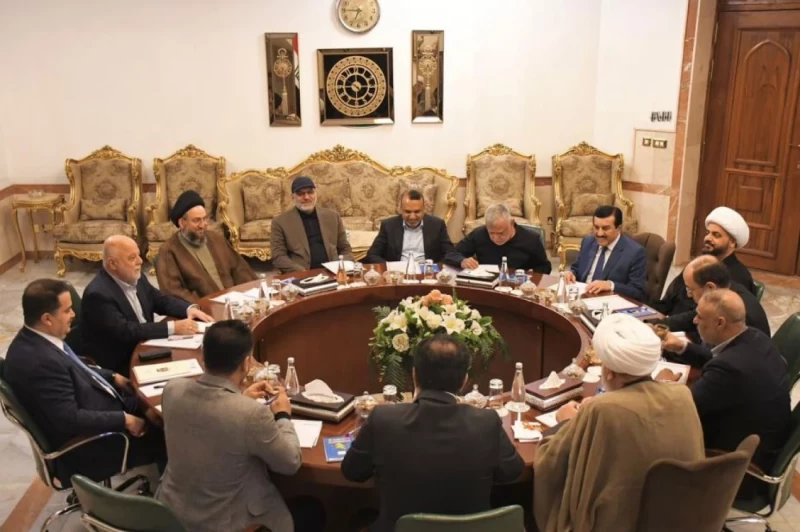When he withdrew from the political process in 2022, it was not a due to defeat.
It was instead a deliberate step backwards for the sake of a new beginning that may both exceed the expectations of some and confuse others, analysts say.
Muqtada al-Sadr, whose political party won the largest share of seats in the Iraqi parliamentary elections in the October 2021 elections and who formed a large political alliance that included the Kurdistan Democratic Party (KDP), did not withdraw from the political process without making careful calculations beforehand.
Rather, his withdrawal was like an archer drawing his bow in order to shoot his arrow with greater force.
Not that Sadr’s pulling out was without risks. Some saw that Muqtada Al-Sadr’s withdrawal from the Iraqi parliament and the political process in general as a misstep.
Sardar Abdullah, a Kurdish former member of the Iraqi parliament who in 2018 nominated himself for the Iraqi presidency as an independent, sees it in this way. He believes that Sadr’s withdrawal was a massive mistake that may lead to his complete isolation and gradual removal from the political process.
Now, over a year after that unprecedented Sadrist move in Iraqi politics, the provincial council elections set to be held across the country on December 18 may show whether Sadr’s move was politically astute – or whether he fell into the trap of political isolation that his opponents had long hoped he would.
‘Most influential absentee’
Although over a year has passed since Sadr retired from the political process, his presence on the Iraqi scene in terms of his popularity on Iraqi streets and in the media is still as strong as it was before.
Much attention has been given to wondering whether or not the Sadrist movement will participate in the provincial council elections next month.
Will Sadr be completely absent from these elections, or will he be the most influential absentee?
There are indications he may support other independent lists or go forward with a complete boycott of the elections after deciding not to take part directly.
Of course, the position of the Sadrist movement and its millions of voters – estimates range between two to five million - will affect the outcome of the elections.
Goal is to thwart vote, claims analyst
Political analyst Naseem Abdullah Al-Aliwi believes that the Sadrist movement will not participate in any way in these elections, neither through independent lists nor through independent candidates.
Rather, the goal of the movement is to thwart these elections and withdraw legitimacy from them by boycotting them or forcing them to be postponed, he claims.
Aliwi, who holds a Ph.D in political science, said: “It is known that low participation in any electoral process leads to the fragility of the process and its results. Therefore, the Sadrist movement is counting on a complete boycott by voters of these elections, thus weakening the legitimacy of the councils that emerge from them.”
This would in turn render the councils “fragile in front of the masses, as they could be brought down by protests,” he claimed.
Naseem, a close observer of the Iraqi street, said protests may break out after the elections.
Perhaps Sadr, through his experience in the previous elections and after being prevented from forming a “majority government,” has come to the conclusion that the point is not in his winning a record number of seats, but in defeating his opponents through a crushing popular defeat and thereby withdrawing legitimacy from them.
This time he will not try the same weapon. Elections and lists do not resolve matters, he may have surmised. Rather, he wants to withdraw the cover of popular legitimacy from his opponents.
Playing chess with Maliki?
It is common knowledge in Iraq that Sadr’s archenemy is the leader of the State of Law political coalition and former prime minister Nouri al-Maliki.
Maliki took advantage of the opportunity presented by Sadr’s withdrawal from parliament, rushing to form a government considered fragile but that was able to push forward.
It was, nonetheless, unable to produce a miracle that would alleviate the anger of the masses. It did meet the demands of the followers of the Sadrist movement for “comprehensive reform in Iraq and the removal of the corrupt from power.”
Therefore, Maliki sees in the absence of Sadr once again as a golden opportunity to fill the provincial council seats and strengthen the government under Prime Minister Mohamed Shia al-Sudani.
Other Shia forces are instead highly concerned about Sadr’s silence and would like to see him participate in some way.
Sadr still wields power on Iraqi streets
One year after the formation of the government in October 2022, public criticism of the government’s performance and popular anger over the entire political process, party quotas, corruption, and the deterioration of services remain.
Sadr is still the Shia leader closest to the Iraqi street and he could benefit in many ways from this, including using the anger of the lower classes to attack his opponents.
And then there is the already tense situation across the entire Middle East due to the conditions in Gaza, which he will of course make use of.
Instead of going to the polls, his followers may head towards the embassies and launch million-man demonstrations denouncing the war on Gaza once again.
As the countdown to the elections begins, even though the winds are not actually in favor of holding them at the present time, no one knows what to think about Sadr and how he - the man of political surprises – may opt to act.
If the elections are not postponed, Sadr’s boycott could be a fatal blow to their legitimacy among the masses.
Sadr’s withdrawal from the political process a year ago surprised some, frightened others, and delighted many as well.
Now, the silence of Sadr supporters on the street and the continuation of this highly popular cleric’s policy with its unclear consequences has left Iraqi politicians whose expectations are limited to being in parliament and the formation of a quota-based government unsettled.
Will the master of political surprises surprise us once again with a decision before the vote?
Or will a boycott prove the master of the situation?

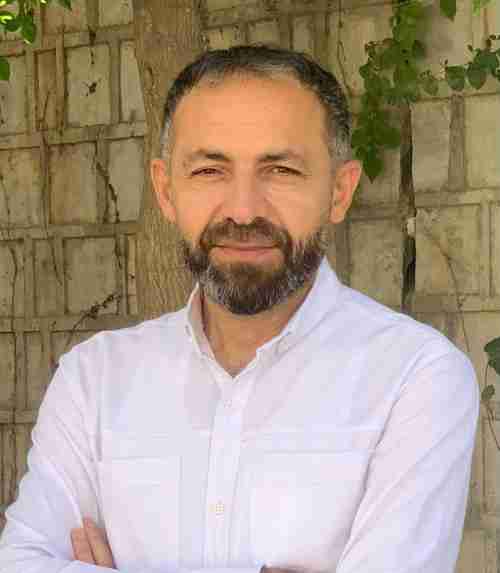
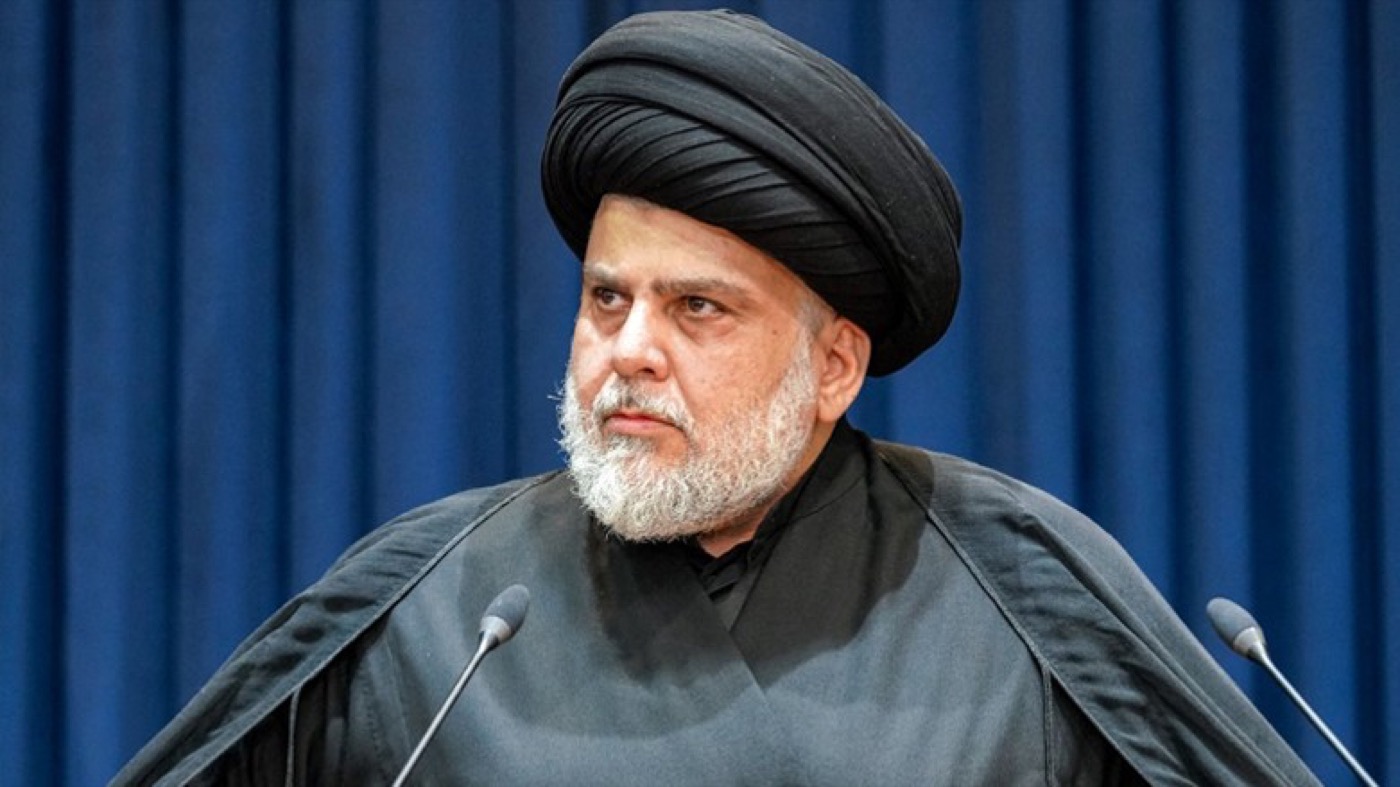
 Facebook
Facebook
 LinkedIn
LinkedIn
 Telegram
Telegram
 X
X
